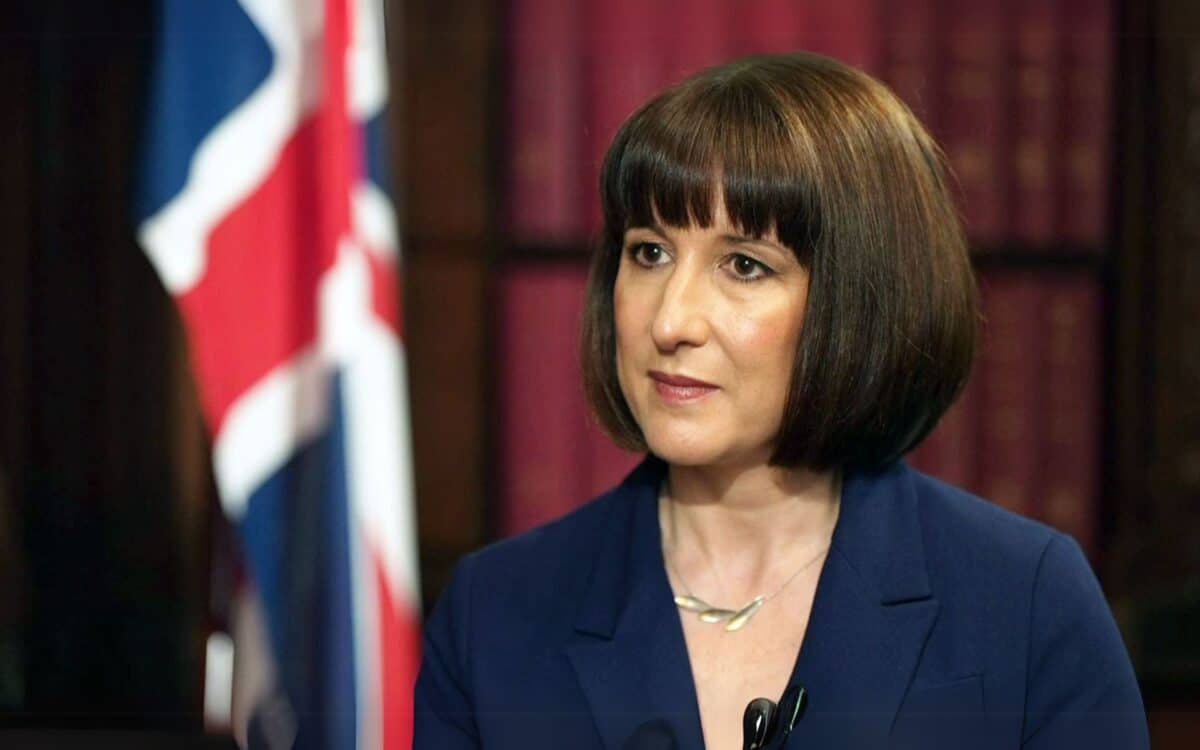Millions of UK savers could be impacted by potential reforms to ISAs, with concerns mounting over possible changes to the £20,000 tax-free allowance.
As the government prepares for the Spring Budget, speculation is growing that Chancellor Rachel Reeves may introduce reductions, a move that could reshape the landscape of personal savings.
GB News reports that these possible changes have sparked anxiety among savers, particularly those relying on ISAs to build home deposits or secure their retirement.
While no official confirmation has been given, financial experts warn that any alteration to the ISA framework could have long-term implications for millions of households.
Potential Isa Reforms and Their Implications
The UK’s cash ISA allowance, which allows savers to earn tax-free interest on up to £20,000 annually, may be subject to a cut as part of wider fiscal policy changes.
Nottingham Building Society conducted research among 2,000 cash ISA holders, revealing that any reduction could have widespread financial consequences.

According to the study, 20% of savers believe that a lower allowance would make it harder to save for a house deposit. This concern is even more pronounced among 25-34 year-olds, with 41% stating that such a change would negatively impact their homeownership prospects.
Additionally, 34% of respondents are worried about how a reduced ISA allowance could affect their retirement savings, while 36% are concerned about their ability to build an emergency fund.
First-Time Buyers and Savers at Risk
The UK housing market remains a challenging landscape for first-time buyers, with many already struggling to secure deposits. Recent findings indicate a rise in multi-generational purchasing, where families pool resources to afford a mortgage.
Over the past year, mortgage brokers have reported a 31% increase in buyers requiring additional financial support to cover deposits. As a result, a growing number of first-time buyers are relying on family contributions to enter the property market.
Analysts argue that cutting cash ISA allowances would exacerbate these difficulties, placing even more pressure on aspiring homeowners at a time when financial assistance is most needed.
Lower Cash Isa Allowance Unlikely to Boost Investment in Stocks
One argument for reducing the cash ISA allowance is that it could encourage savers to move their money into investments such as Stocks and Shares ISAs.
However, research suggests this shift may not occur as expected. Only 38% of savers indicated they would consider increasing their investment in Stocks and Shares ISAs if the cash ISA limit were lowered.
In contrast, 62% of cash ISA holders stated they would not change their investment behaviour, contradicting the assumption that such a move would drive more people towards the stock market.
Furthermore, approximately 2.5 million cash ISA holders, representing one in three savers, said they would simply save less overall rather than redirecting funds elsewhere.
Industry Response and Government Pressure
Financial experts have voiced strong opposition to the proposed changes. Harriet Guevara, chief savings officer at Nottingham Building Society, urged the government to reconsider any reductions, emphasising the role of cash ISAs in long-term financial planning.
“Cash ISAs are an essential tool for millions of savers across the UK, allowing them to save for key life moments like buying a house or planning for retirement. Cutting the Cash ISA allowance would be a massive blow to millions across the UK.”
Analysts have also raised concerns over the potential introduction of a British ISA, a new savings scheme rumoured to be under government consideration.
Critics argue that such a measure may not adequately replace existing cash ISA benefits, potentially leading to greater financial uncertainty for millions of savers.
With the Spring Budget approaching, savers and financial institutions alike are awaiting official confirmation on the future of the ISA allowance.









